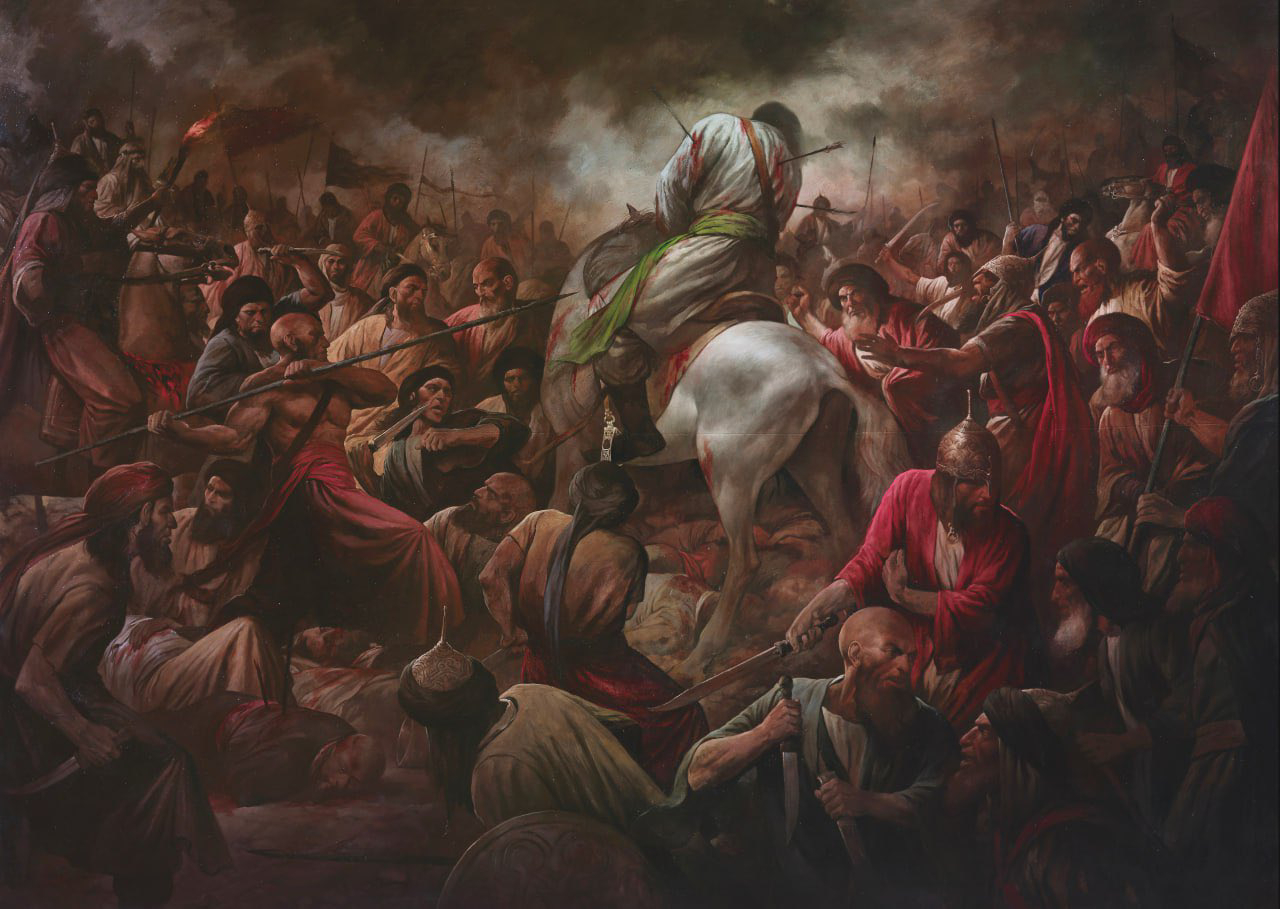Ashura is a day of great significance to Muslims. It is the 10th day of the month of Muharram in the Islamic calendar. Ashura commemorates the martyrdom of Imam Hussein, the grandson of the Prophet Muhammad.
Hussein was killed in the Battle of Karbala in 680 CE. He was fighting against the Umayyad caliph Yazid I, who had usurped the caliphate from Hussein's father, Ali. The Battle of Karbala was a bloody and tragic event, and Hussein's death is mourned by Muslims all over the world.
Ashura is a day of fasting, mourning, and reflection for Muslims. It is a time to remember the sacrifice of Hussein and to reaffirm one's commitment to the values of justice and righteousness.
There are many different ways that Muslims commemorate Ashura. Some people fast the entire day, while others only fast from sunrise to sunset. Some people attend special prayers or mourning ceremonies, while others simply spend the day in quiet reflection.
No matter how it is commemorated, Ashura is a day of great importance to Muslims. It is a day to remember the past, to reflect on the present, and to look forward to the future.
Here are some of the ways that Muslims commemorate Ashura:
- Fasting: Many Muslims fast on Ashura, either the entire day or from sunrise to sunset.
- Prayers: Special prayers are offered in mosques and other places of worship on Ashura.
- Mourning ceremonies: There are often mourning ceremonies held on Ashura, where people gather to remember the death of Hussein and to express their grief.
- Processions: In some countries, there are public processions held on Ashura, where people walk through the streets carrying banners and chanting slogans.
- Self-flagellation: In some Shia communities, there is a practice of self-flagellation on Ashura. This involves people hitting themselves with chains or other objects as a way of expressing their grief.
Ashura is a day of great significance to Muslims, and it is celebrated in a variety of ways. It is a day to remember the past, to reflect on the present, and to look forward to the future.
